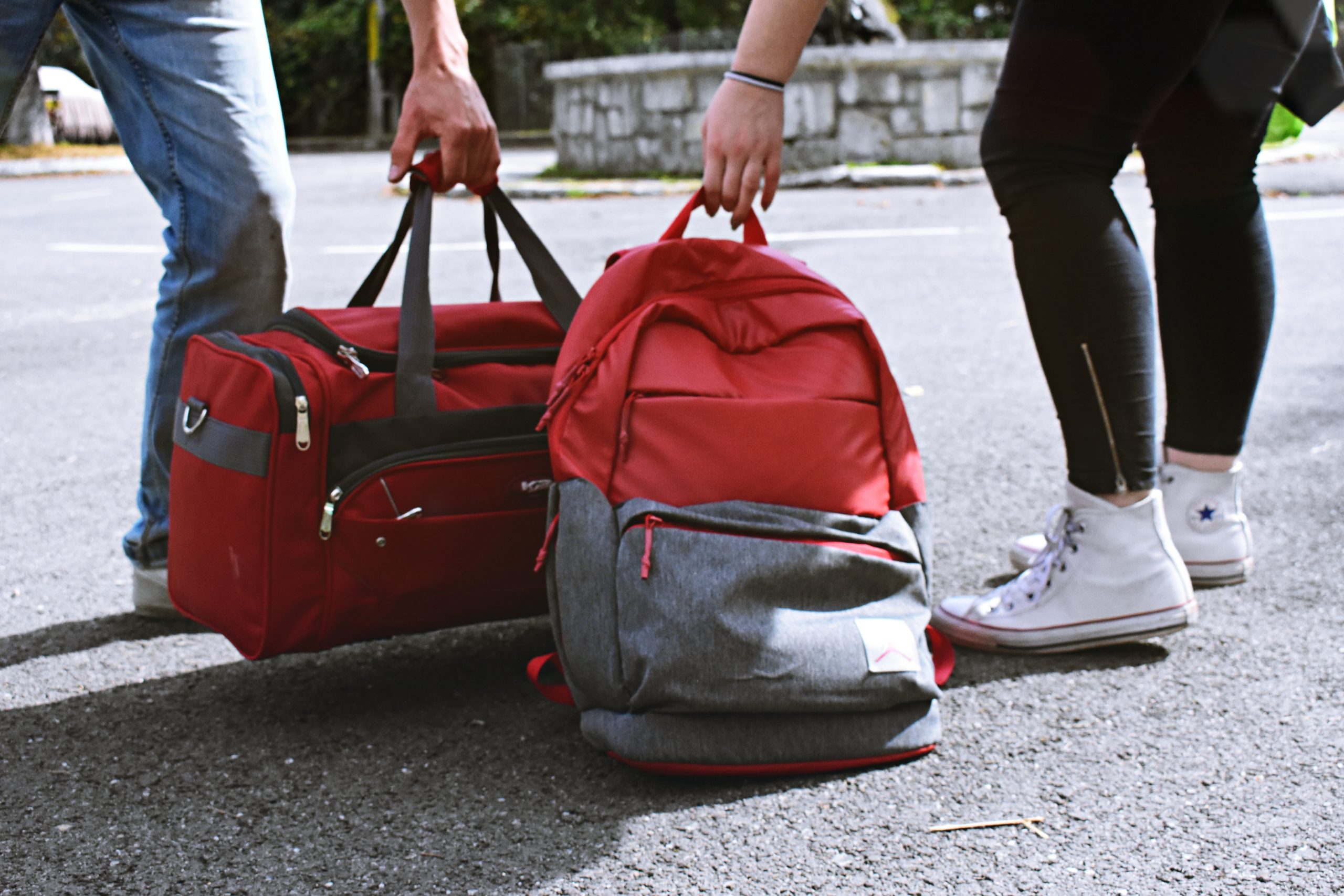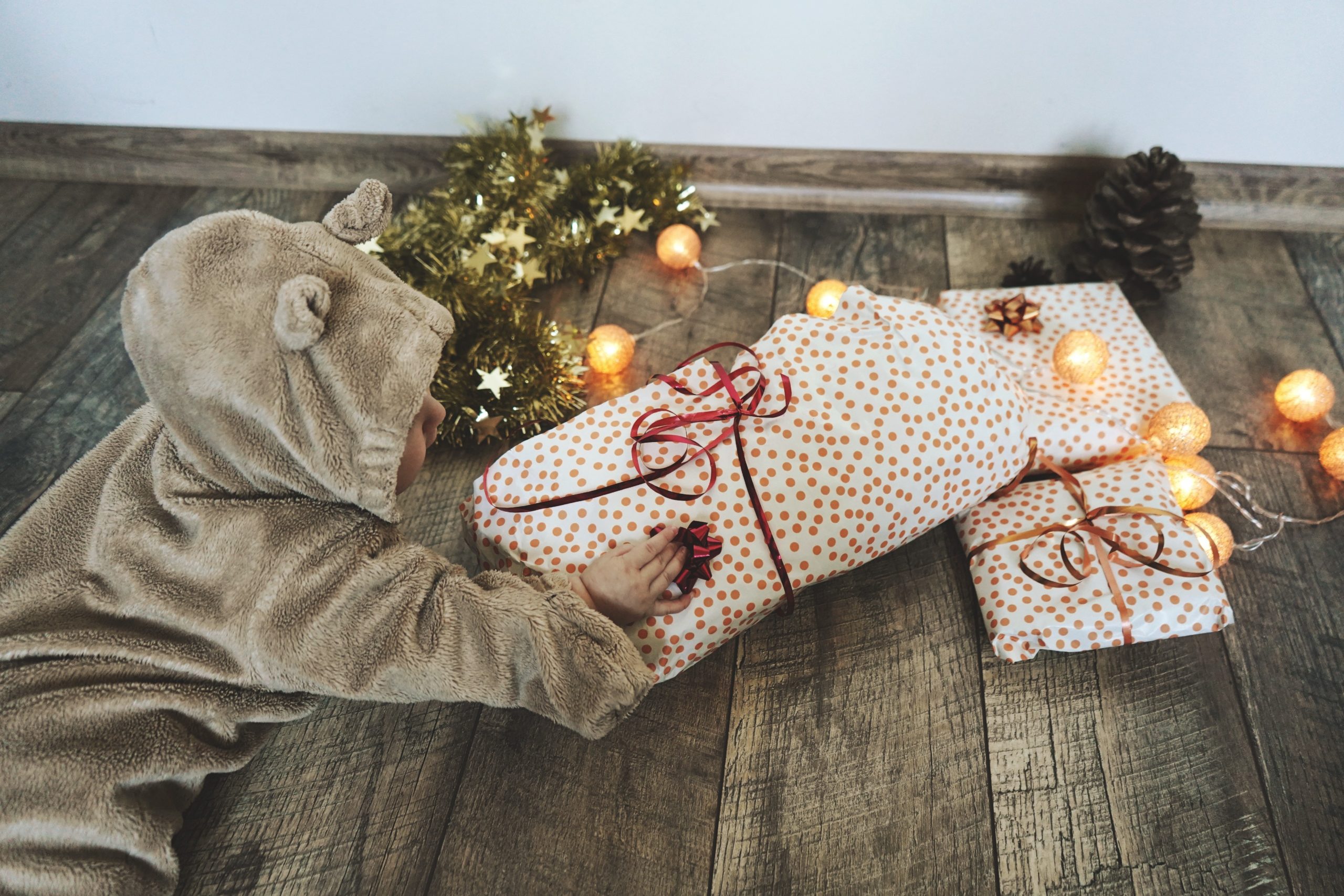“What do I need to pack in my birth bags?!” Expectant parents have so many things on their mind– changes happening in the body and mind, the birth plan, when to stop working, the nursery, and so on. In the midst of all of this preparation and anticipation, parents may feel overwhelmed about what to pack for the birth. Or, they may forget altogether about this to-do item until the last minute.
Don’t worry, though, Austin Baby Guru has a list so that you will have your birth bags packed in plenty of time! Keep reading for our client-approved packing lists.*
*This blog post contains affiliate links for products that we think highly of. If you click through and make a purchase, I may receive a commission (at no additional cost to you). ABG links to these products because of their quality and not because of the commission we receive from your purchases. The decision is yours, and whether or not you decide to buy something is completely up to you.
First Things First
Let’s talk about how long you will be away from home. If you are birthing at a hospital and have an uncomplicated vaginal birth, you can expect to be gone approximately 42 hours post-birth. If you have a cesarean birth, you’ll be in the hospital about 72 hrs post-birth. Birth centers often send folks home 6 hours after birth, so the stay will be much shorter. That said, homebirth and birth center clients may still want to have hospital bags ready in case of a transfer.
Just about 5% of babies are born on their estimated due date. This means your baby may come a couple of weeks before or after your due date. Consider packing your bags at least 3 weeks before your due date. This gives you a bit of time for the unexpected. If you have any indications you may go into preterm labor or otherwise have your baby on the early side, you may want to pack your bags sooner.
All of this said, we want you to know that even if you don’t pack a thing, your birthing location likely has your basic needs covered. All facilities are different, so if you have any questions, you can call to ask before you arrive. We always recommend taking a hospital tour during your pregnancy to learn more about what you can expect during your stay and asking what the hospital provides birthing families.
How to Pack Your Bags for Birth
Our first recommendation is to pack two bags for birth, especially if you are birthing at a hospital! Most of the time you will labor and birth in a different part of the hospital from where you will stay postpartum. When you arrive, you can bring in only what you need for labor. You partner or another support person can return to the car for your postpartum items when you are moved after birth.
What to Pack in Birth Bag:
-
- Your ID. This seems obvious, but you’ll need some identification at check-in. You’ll also possibly need your insurance card and any other documents your doctor gave you for admission. (The process may be faster if you’re able to pre-register.)
- Medications list. You’ll probably be asked this information at check-in and possibly again once you’re settled. If you’re in labor, it may be difficult to remember everything you’re taking, and it’s a lot easier to just hand over a piece of paper.
- Medications. If you’re on any common prescription medications, the hospital pharmacy can typically provide them, but at a higher cost than what you usually pay. If you’re on any less common drugs, the hospital might not have any stock on hand. Plan to pack your own to avoid these potential headaches.
- Glasses and/or contacts. They may be the last thing on your mind, but you’ll also want to bring glasses and contact lens supplies, like a case and saline solution.
- Credit card or small amount of cash. You may want to use the vending machine or get something from the gift shop or cafeteria during your stay.
- Birth plan. If you have a specific birth plan or document of birth preferences that you’ve drafted, bring a few copies with you.
- Outfit or gown to labor in. For many people having a familiar clothing item is comforting and feels less sterile.
- Robe and slippers or non-skid socks for walking the halls.
- Underwear for a few days. The hospital’s mesh underwear can be a godsend in the first day or so of heavy postpartum bleeding. But slipping into your own may be more comfortable after that. You’ll be wearing pads, so consider sizing up and choosing full coverage styles. And pick dark colors that hide stains well. You can also buy your own disposable underwear if you prefer it.
- Music and a way to play it. Many people use their cell phone and a small speaker. By the way, creating a playlist can be a fun prenatal activity!
- A book and/or a device to watch TV/movies.
- Hard candy and/or lollipops to soothe dry mouth, which can happen during the hard work of labor.
- Water bottle with a straw. Easy to drink while your working hard during labor and/or feeding baby.
- Hair bands and/or headbands
- Toothbrush, toothpaste, and/or mouthwash for the birthing person and partner.
- Lip balm
- Extra pillow or two. Use a colorful pillow case so your pillows don’t get mixed up with hospital bedding or left behind.
- Cell phone & charger. You’ll likely want someone to take photos during labor and birth, which is something you can address in your birth plan. Plus, you’ll want to send announcement texts or calls after the birth.
- Baby book if you want to put footprints directly in it.
If you know you’re having a cesarean delivery, also consider these items:
-
- Compression wrap. You may also bring something like the Belly Bandit for added postpartum belly support. (your hospital may provide a basic support belt)
- Loose clothing. You may be more comfortable wearing clothing items, like nightgowns versus pants, that don’t rub against your incision.
- Special snacks. Beat post-surgery constipation with snacks that contain plenty of fiber, like an apple or instant oatmeal with dried fruit.
What to Pack in Postpartum Bag:
-
- Outfit or gown for postpartum.
- Breastfeeding pillow.You might want also some nursing pads for leaks.
- White noise machine. This will help baby and YOU. Hospitals are noisy at times, and you’ll all need the rest.
- Toiletries. The hospital provides very little, and it can be soothing to use your regular products.
- Pads. The hospital provides thick pads. If you want thinner ones, bring them from home. You shouldn’t use tampons after delivery.
- Peri bottle. The hospital will provide one but you may prefer one designed to be sprayed upside down.
- Clothing with easy access for breastfeeding. Bring 1-2 items or outfits that are loose and comfy!
- Nursing bra or tanks.
- Flip flops for showering.
- Snacks. The hospital will also have snacks for birthing person in nutrition room, but it can be nice to have favorite snacks on hand.
- Clothes for the trip home. Again, think comfortable, loose, and approximately 5-months pregnant, size-wise.
- Baby clothes for the trip home— and lots of photos.
- Swaddle or receiving blankets. You may want a few of your own swaddles to wrap baby and practice (ask the nurses for pointers!) for those days when you’re on your own. Also, check out our Swaddling tutorial!
- Blanket. If it’s winter or otherwise chilly, you can use a thicker blanket to snuggle baby in their car seat on the way home. Children cannot wear any padded coat or outfit in a car seat but a blanket can be tucked around them outside of the buckled straps safely.
- Car seat. You will need the car to take the baby from the hospital! We suggest having the car seat installed a few weeks before your due date so that you are ready to go (Leave the car seat in the car until discharge day.)
What The Partner Should Pack:
The hospital typically doesn’t provide much for partners — besides an awkward sleeper couch to crash on.
-
- Comfortable clothing. Bring some pajamas and other lounge clothing that will be cozy and practical for hanging with a newborn for a few nights away from home.
- Comfortable shoes. Consider bringing slippers that grip or other comfortable shoes and socks. You may be on your feet quite a bit during labor, so you want to be comfortable.
- Toiletries. Think essentials, like shampoo, face wash, lotion, deodorant, and toothbrush/toothpaste.
- Medications.
- Glasses or contacts.
- Phone and charger. One of your jobs may be to keep your family and friends updated on your little one’s arrival.
- Pillow and blanket. Hospital provisions aren’t exactly the most comfortable and pillows help! Again, use a colorful pillowcase so it won’t blend in with hospital ones.
- A book and/or a device to watch TV/movies.
- Snacks. Labor and delivery can be a long process, and you need to be nourished as you support your partner. Pack some of your favorite snacks. Meal replacement bars may be helpful.
- Water bottle.
- A bathing suit. This is for supporting your partner if they are laboring in the shower.
- COVID-19 essentials. Wearing a facial covering may be required by the hospital you’re in, so ask the hospital what they require in terms of face coverings. They may supply or ask you to bring your own.
Things Not to Pack in Your Birth Bags:
Many free standing birth centers ask you to bring your own things so that you are surrounded by the items that YOU choose from home, so you may want to verify which items they will/won’t have for you and your baby. Hospitals will typically have the following items available:
For the birthing person:
- Hospital gowns. These can be a bit scratchy, but many people like to use them because birth can be messy)
- Grip socks- very generic tube socks
- Birthing ball, peanut ball, and other labor tools
- Large cups for water and ice
- Basic toiletries — soap, shampoo, toothbrush/toothpaste
- Disposable mesh underwear. It’s comfortable, and it does the job.
- Thick sanitary pads
- After-care items, like witch hazel pads and peri bottles
- Standard pillows and blankets
- Perinatal ice-pacs
For baby:
- Preemie, newborn, or size 1 diapers
- Basic wipes
- Flannel swaddle blanket(s)
- Hospital-branded onesies
- Standard knit hat
- Shampoo/soap
- Formula. Some “baby-friendly” hospitals only offer formula if it’s considered medically necessary. Call your hospital to find out about its policy on formula.
- Prescription and non-prescription medications, if needed.
We also suggest not packing expensive items, like:
- Wedding rings and other jewelry
- Loads of cash (because we all have that lying around, right?!)
- Basically, avoid bringing anything that you’d miss if you accidentally lost it.
The Takeaway
In the end, what you pack in your birth bags is up to you and your individual needs. You might like to start by making a list of the things that you think are essential to your own comfort and wellness and then cross reference our lists. Also, don’t sweat it if you forget something or — gasp! — don’t pack your bag in time for labor. (Hey — it happens!) Chances are you’ll have most of what you’ll need — or you can send someone out to get the rest after your baby is born.
If you’d like support or coaching through the preparation process, please reach out. Austin baby Guru is here for you.
*This is an updated post that we originally published in 2019. We edited to include additional items and more specific suggestions.









0 Comments